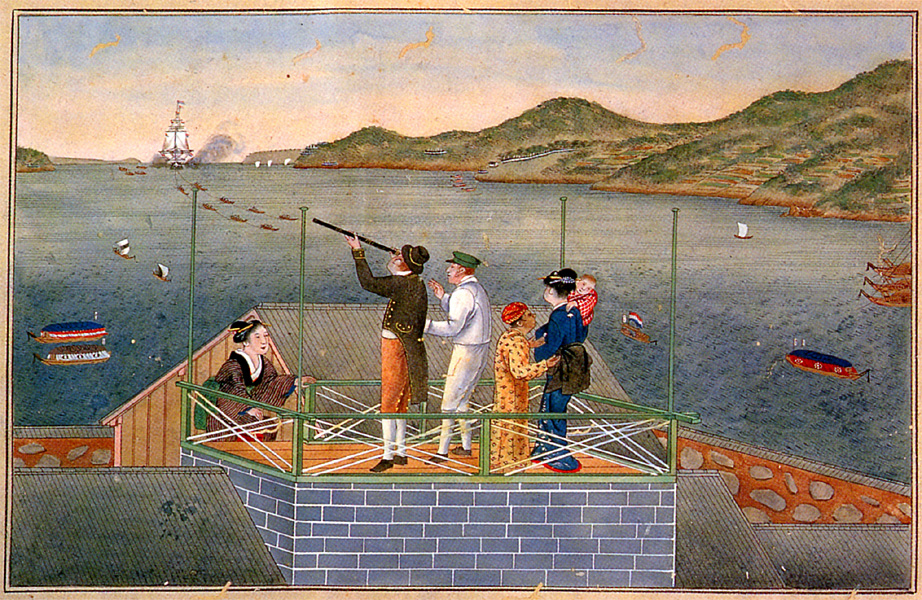"Welfare ruling stuns foreigners." That was the headline to The Japan Times On Sunday's July 20 lead story about the Supreme Court's ruling a couple of days earlier that non-Japanese residents do not have a right to access the nation's welfare system.
I'm a foreigner, but the only thing that surprised me was the headline. To be honest, I don't know how anyone who has been paying attention could have expected the court to rule any other way.
Let's look at some history. Less than two centuries ago there was no need to distinguish between Japanese and foreigners because, for all intents and purposes, the latter did not exist. The most famous exception to this was the Dutch enclave at Dejima, the tiny man-made island in Nagasaki whose principal design feature was its isolation from Japanese society. By contrast, medieval England had already developed legal distinctions between subjects of the king, denizens (foreigners who had a right of residence but could not own land), aliens, Jews and so forth.



















With your current subscription plan you can comment on stories. However, before writing your first comment, please create a display name in the Profile section of your subscriber account page.